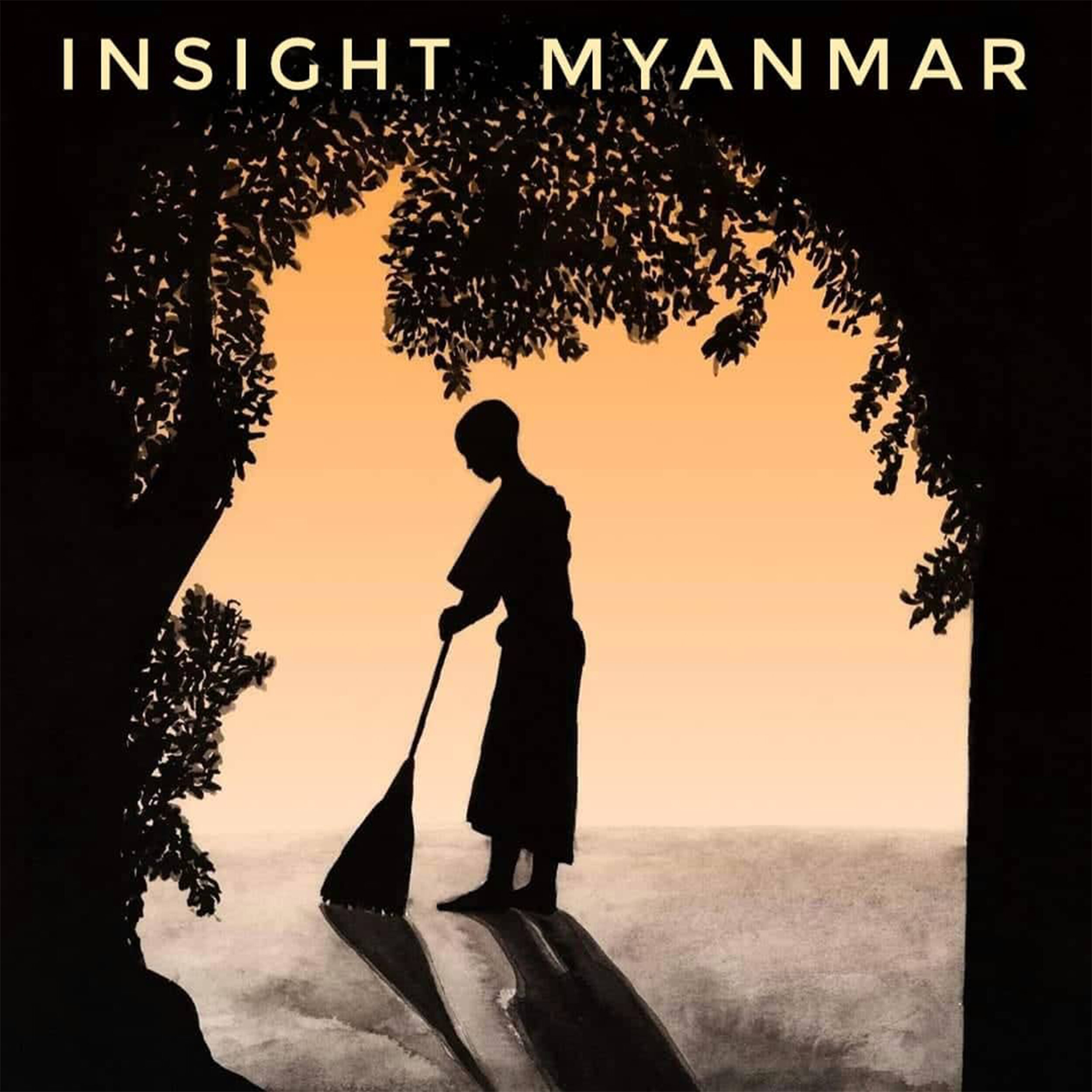Voter Education at a Burmese university
Thinzar Shunlei Yi grew up in a military family in Myanmar, which meant frequent relocations and a deep immersion in military culture from a young age. Her academic journey took her through military-controlled education systems where nationalism and the duty to protect the state were heavily emphasized. At university, Thinzar's exposure to diverse perspectives significantly altered her understanding of Myanmar's military and its impact on society. It was during her university years that Thinzar's activism began to take shape, fueled by interactions with students from various backgrounds and personal revelations about the military's actions against civilians. Her academic environment, coupled with her growing awareness and questioning nature, laid the foundation for her later activism.
“That shocked me. I felt really ashamed. Everybody was wondering what’s going on. Then she carried on to the other presentations. I was left alone, and I was sad. I didn’t know what was going on.”
“I remember in university, we had to pick out the topics of our discussions, and I picked something called ‘voter education.’ At that time, we had elections coming up in 2010. We were told that it is important that you have to vote, as a citizen. So, that was everywhere. The government was telling everybody to vote in 2010. So, I felt like, ‘Oh, it is my responsibility to vote.’ But I was not even 18 years old yet. So, I couldn’t vote, but I felt like I needed to learn more about it. And as a teacher, I am responsible to tell my students what is it that voting means and what is the 2008 Constitution.
Then, I tried to study more about voter education. And I chose that topic to give a presentation about, voter education. I submitted to my university that I would be speaking about it, and the professor approved it. So, I was like, ‘Oh, the professor also wants to learn about voter education.’ On that day, the day of the presentation arrived, I stood on the stage, and I started explaining the types of the parliament. We don’t even have a wipe board; it’s a black board. I was already on the stage; I had started talking about parliaments. What does it mean, parliament, and why we have different voting systems in the world. I started writing it down on the black board. And then, the professor was freaking out at the back of the class. I didn’t know it. Then, after some time, like two minutes, the professor just stopped me. She just came up to me saying, ‘Get out.’
And I was like, ‘Why? This is the topic that I proposed, and she already approved it.’ And she’s like, ‘No. This is not what you are supposed to say. Just get out.’
So, in front of 100 plus students, was pushed out. And she was saying, ‘No. This is not what you are supposed to say.’ That shocked me. I felt really ashamed. Everybody was wondering what’s going on. Then she carried on to the other presentations. I was left alone, and I was sad. I didn’t know what was going on. And then, I remember that day, I decided to learn more about voter education. Because I wanted to know why my teacher was freaking out. Of course, it was a political, but it was in the time when we were supposed to vote. We should know. In a way, I tried to challenge it, but no, I didn’t get a chance. So, I decided to become more political, because of that. As a young spirit, we want to know what we are not supposed to do. We want to do more.
That lead up to more discussion in the university, that I was leading some political discussion. I didn’t know many things about politics, but I felt like I was the one who was courageous, who dared to do things. So, I was trying to unlock many things. And there were some friends from different ethnic minorities; of course, they were really frightened. Because they felt like it’s not [silent pause], but they joined me in the discussion. We did this kind of discussion in the canteens. We would talk about debates, about differing diverse opinions, how to facilitate diversity of opinions. Just that, not even on the ethnic minorities’ issues. General democratic values and that’s it. Not even human rights.
At that time, I remember I was thinking, ‘Oh, human rights is another issue that I am not interested in.’ So, it took me more years to learn more about human rights. And how human rights are universal, for everyone. It was a slow process.”
